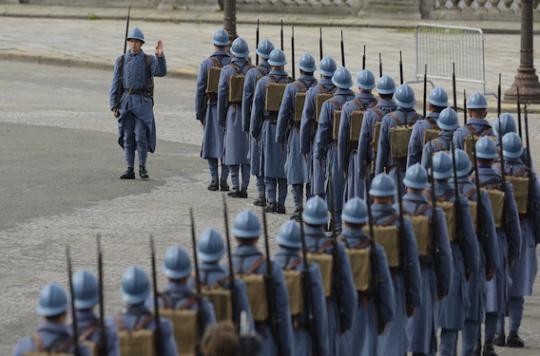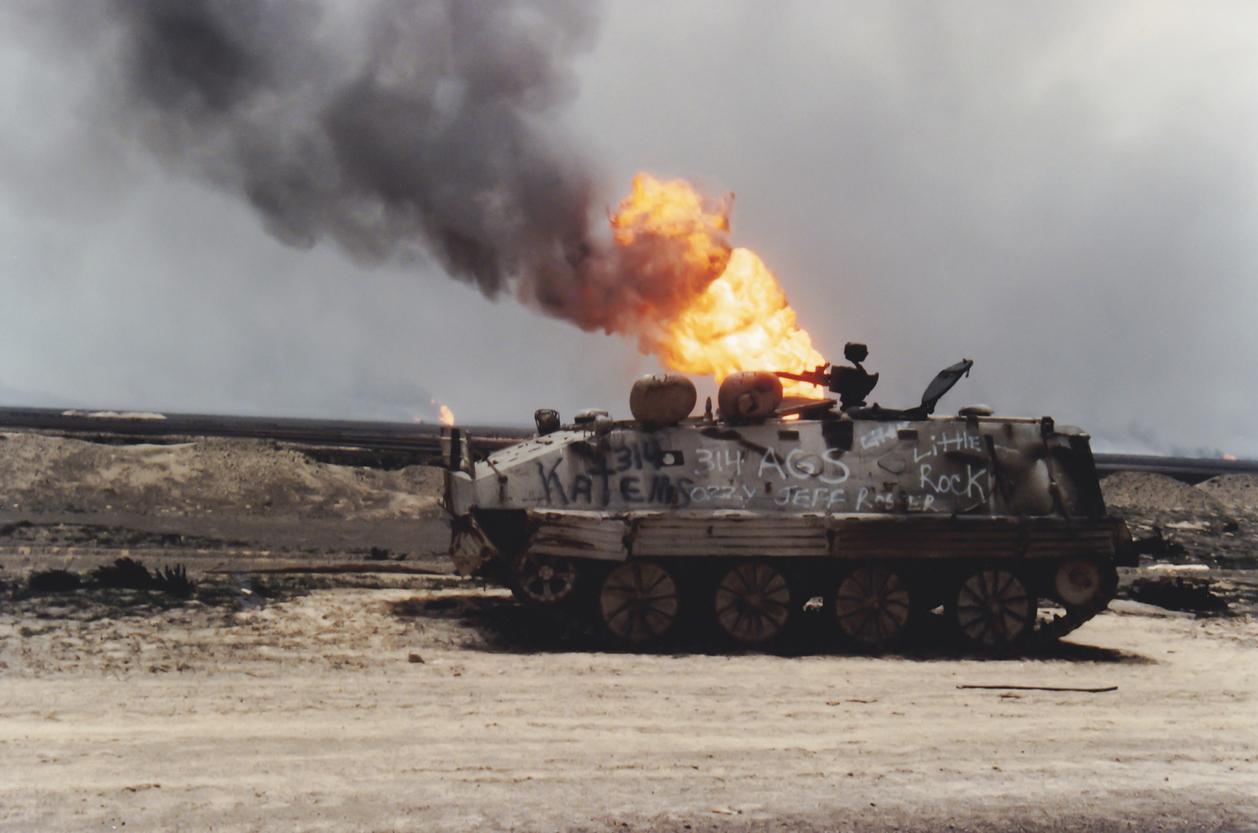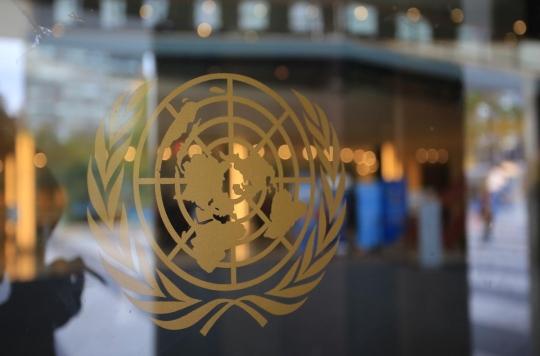Children whose fathers were killed or seriously injured in World War I lost between one and two years of life expectancy, according to one study.

The collateral damage of the First World War persists. The children of the 9.7 million soldiers who died in combat still remember it. Especially those of the famous Poilus, the French soldiers of the Great War (1914-1918).
Indeed, according to scientists from the Kremlin-Bicêtre Hospital (Val-de-Marne), French children born between 1914 and 1916 whose fathers were killed or seriously injured at the front saw their life expectancy shortened. , according to a study (1) presented Monday at the 55th annual congress of the European Society of Pediatric Endocrinology (Paris).
To reach this conclusion, these Inserm researchers scrutinized dozens of national birth registers in Paris and Bordeaux. They identified 4,170 children born between 1914 and 1916.
Up to 2.2 years less life expectancy
All of them had in common that they were recognized by the State as “wards of the nation”, their fathers having been killed or seriously wounded on the front. Two situations inducing major psychological stress for the mother. The French team crossed these data with a database comprising the names of 1.4 million “hairy” dead in the trenches in order to find out whether their disappearances had occurred before or after birth. Finally, they also cross-checked the births closest to those of pupils in the registers and which presented a similar profile (same sex, same place of birth, same age of mother).
And the results are final. Children declared wards of the nation lived an average of 1.1 years less than non-wards. The most important difference concerned the children who lost their father before being born, they had a life expectancy reduced by 2.2 years compared to the associated non-pupils.
“These results strongly suggest that in humans, psychological maternal stress is transmitted to the fetus and that it can affect their mortality,” explains Nicolas Todd, researcher in the Inserm unit which conducted the study.
Conclusions that become clearer
A hypothesis that Nicolas Todd wants to confirm. ” The next stage of the study will be to determine the cause of death of these 4,170 pupils of the nation, in order to shed light on the mechanisms involved, ”continues the epidemiologist.
As a reminder, this work is not the first to make a link between prenatal stress and the harmful consequences in adulthood. A study in rats under stress in utero has shown that in adulthood, these species presented learning disorders or depressive or anxious behaviors.
Same concern in humans, where some studies have shown that children affected during the second trimester of their mother’s pregnancy by an episode of famine (in the Netherlands in 1944 or in China in 1959) or a traumatic episode (in Israel during the Six Day War) had an increased risk of developing schizophrenia in adulthood.
(1) French study conducted by Nicolas Todd and Alain-Jacques Valleron (Inserm) and the pediatrician and endocrinologist Pierre Bougnères (Bicêtre / AP-HP hospital, Paris region)
.















